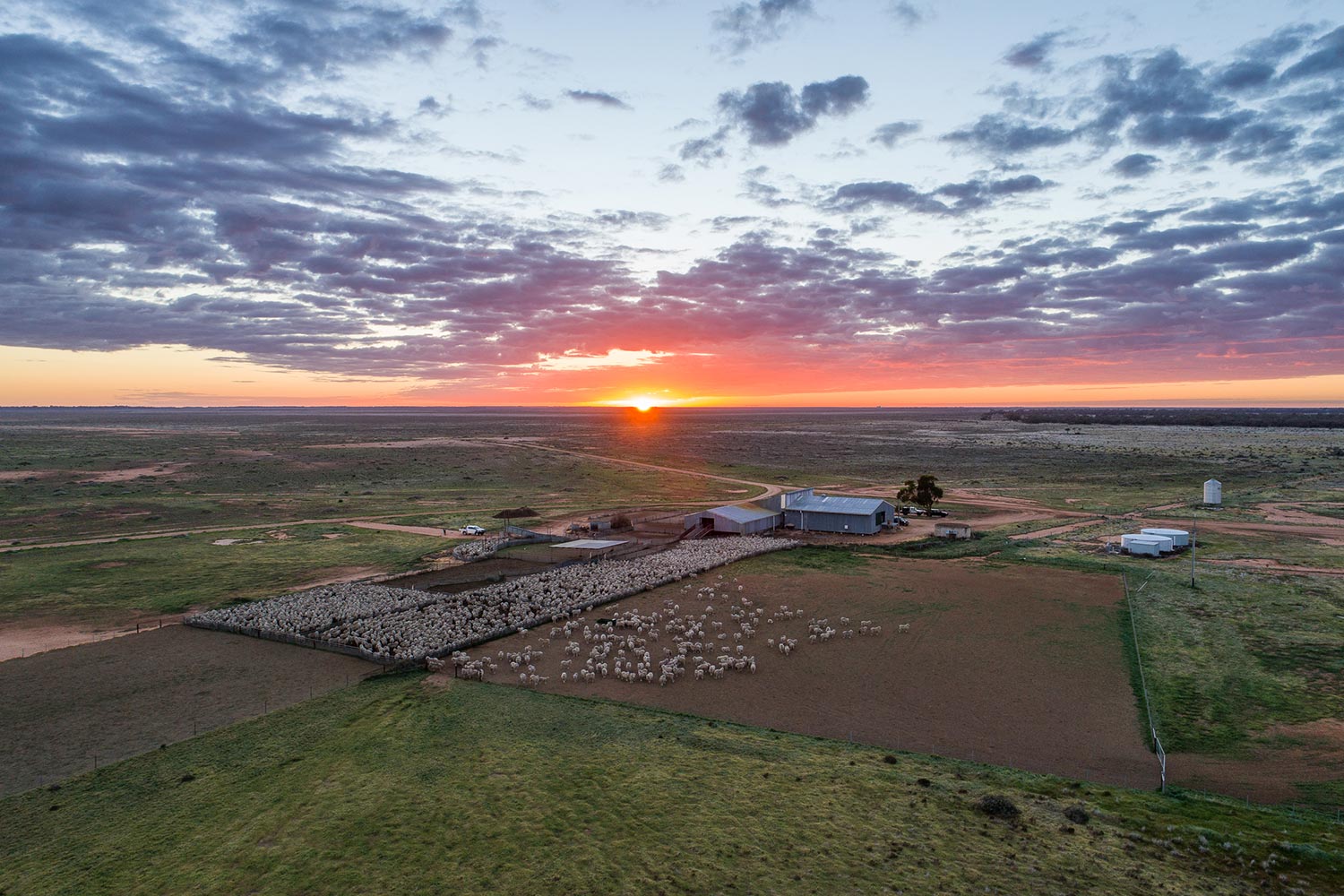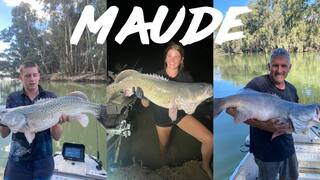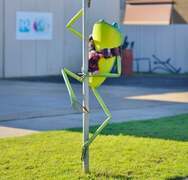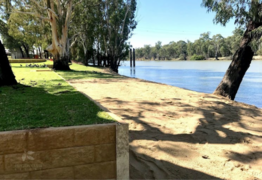Teaching kids When It's OK to lie
Kimberly Grabham
04 August 2025, 11:00 PM
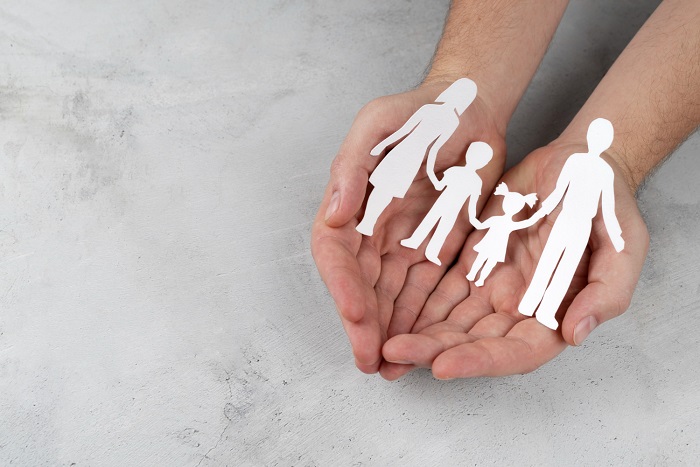
When searching "When is it OK for kids to lie?", most results focus on "How to handle your child lying" - valid advice, but missing a vital exception.
We school our young ones so stringently about how lying is wrong and reward honesty that we may have missed some very important exceptions.
There IS a time when it's OK - and actually necessary - for children to lie: when it's to keep them safe.
I saw a recent Facebook video where a child safety expert demonstrates this by asking a child, "Is there ever a time when it's OK to lie?" The child responds, "No."
The expert then explains: "Actually, there is a time when it's OK to lie and you actually should lie. And that is when it's to keep you safe."
Here are the examples she provides:
- If you're in the front yard playing basketball by yourself and a stranger drives by and asks, "Hey, are you out here by yourself?" you respond, "No, my dad's about to come right out. I'll go inside and get him."
- If that stranger asks, "Hey, is this your house?" you say, "No, I'm just visiting some friends" - because strangers don't need to know where you live.
- If someone (whether the child knows them or not) says, "This secret is just between you and me forever, don't tell your mum and dad," the child should agree, leave, and then come straight to a parent or trusted person and tell them.
The more tools and ways we can protect our children, the better.
Safety tips to teach kids
Body Warning Signs
- Notice your body's warning signs when you feel scared or worried
- Talk about warning signs such as goosebumps or butterflies in the stomach
- Get help from adults to calm these physical responses once any danger has passed
- Understanding Safe vs Unsafe Situations
- Help children recognise different types of scary feelings:
- Fun to be scared: Like feeling scared before going on a ride at a fun park
- Scary but necessary: Like feeling nervous on the first day of school
- Risky on purpose: Like choosing to do a new trick on a skateboard even though it could cause an injury
- Unsafe: Like people being hurt or not following our private parts rule
Body Autonomy and Consent
- We are all the boss of our own body
- Consent means we understand and give permission for something to happen
- If we don't consent to someone touching us, even someone we know, we can:
- Say "No, thank you"
- Offer a high five instead
- Keep saying "No, I don't like it" in a firm voice
- Move away
- Tell a safe adult and keep telling until someone listens and helps
- Choose how you share affection with safe adults and friends
- Other people can say NO to you, and you need to respect that person's choice
Private Parts Rules
- Do not touch people's private parts
- No one is allowed to touch your private parts (unless it's to help you wash, get dressed, or stay healthy)
- No one is allowed to show their private parts to others (no pictures or videos either!)
- Only touch your own private parts when you are alone and in a private place
- Even family, friends, doctors, or other people we trust need a good reason to touch or ask to see your private parts because your private parts are JUST FOR YOU
- Rights and Responsibilities
- We all have the right to feel safe and be safe all the time
- We have the responsibility to make sure we don't hurt others
- It's adults' job to keep kids safe
- It's not OK for adults to make choices that hurt children or put them in danger
- You can always get help from another adult, no matter what
Understanding Secrets
Unsafe secrets make us feel sad, guilty, ashamed, confused, worried, scared, or uncomfortable. Unsafe secrets might be about private parts or someone being hurt.
Safe secrets (or surprises) make us feel happy or excited. Safe secrets are never about private parts or someone being hurt.
Secret Rules - We Don't Keep Secrets That:
- Make us feel worried, scared, or sad
- Are about anyone being hurt
- Are about private body parts
- Are kept for a really long time
- Safety Lies - When It's OK to Lie:
- When strangers ask if you're alone
- When strangers ask about your home or family
- When someone asks you to keep secrets from your parents or trusted adults (agree in the moment, then immediately tell a trusted adult)
Remember: Sometimes the people who harm children are people they know and trust.
These people use "tricks" to get close to families and make children keep abuse a secret. Teaching these safety skills helps protect children in all situations.
NEWS
SPORT
RURAL
COMMUNITY
JOBS
VISIT HAY
VISIT BALRANALD
LOCAL WEATHER




